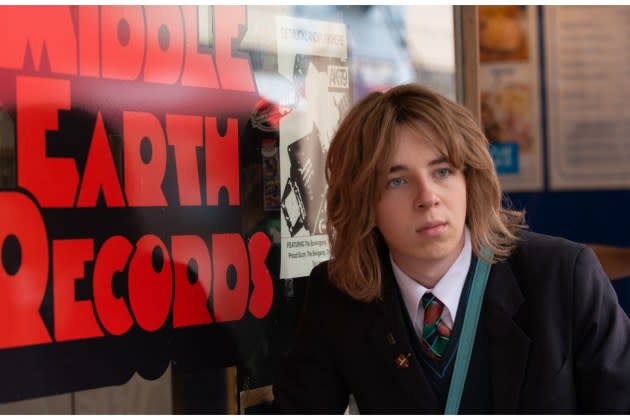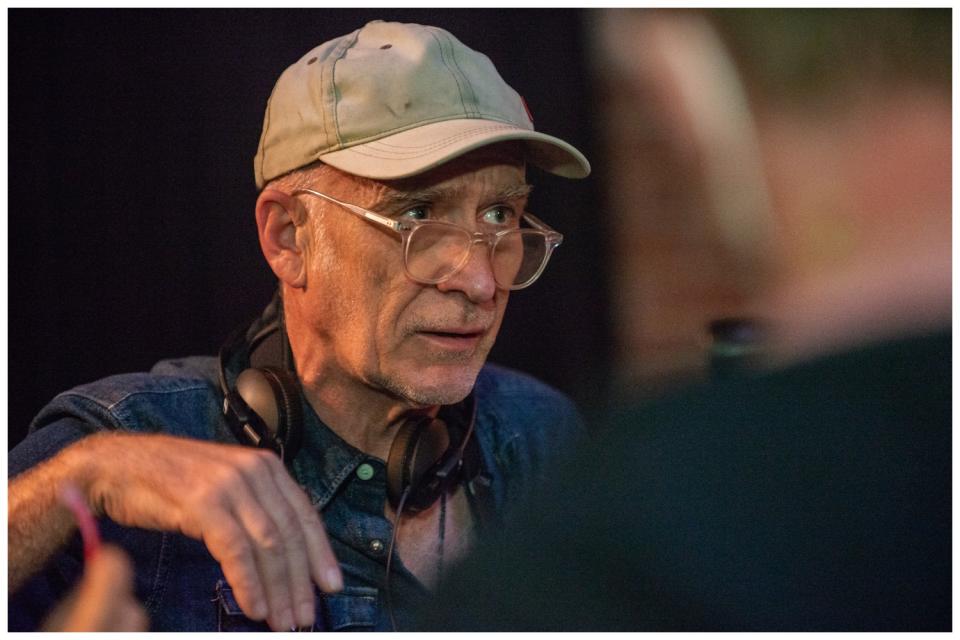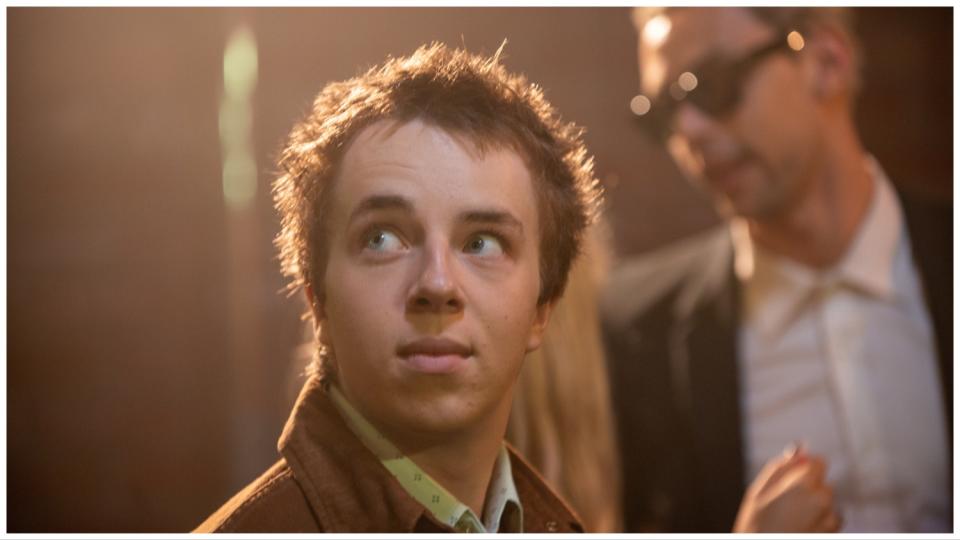Jonathan Ogilvie Bets on ‘Also-Rans’ in IFFR Opener ‘Head South,’ Upcoming ‘Geebung Darts Club’: ‘I’m Interested in Troublemakers’ (EXCLUSIVE)

“Head South” director Jonathan Ogilvie is all about underdogs.
“It’s not a story about winners. It’s a story about also-rans, to use this racing term, because there is nothing to win,” he tells Variety about the International Film Festival Rotterdam opener, which sees schoolboy Angus (Ed Oxenbould) falling for a girl and for post-punk music in 1979’s New Zealand.
More from Variety
“There wasn’t a real music industry, so you couldn’t become a rock star. Back in those days, we often talked about ‘the tyranny of distance.’ We felt so removed from everything. But it was the triumph of distance, because it allowed people to interpret things in a new way. It’s a film about music, yes, but also about art and creative expression.”
Praising Oxenbould, he adds: “On the page, Angus could seem like a nasty little brat. But Ed was also in a band; his brother was also living in London. It just gelled. The only thing he said to me was: ‘I don’t have a problem with the nude scene. I just presume it won’t be full frontal?!’”
It won’t be the only coming-of-age story Christchurch-born filmmaker will take on, with upcoming “Geebung Darts Club” already waiting its turn.

“It’s an old-school heist with some darts thrown in, and with a diverse cast of retirees. They are in their 70s, but they still have their coming-of-age moment. I am definitely interested in troublemakers,” he laughs.
“Monte Hellman used to say that heist films easily slip into slapstick. It’s a creative performance to rob a bank: you have to put on a show. One of the characters, Grafton, says: ‘Aren’t bank robberies done over the internet nowadays? I can hardly work my phone.’ They are going to do it the old-fashioned way.”
Just like the “Head South” protagonist, trying his best to form a band while his family is slowly falling apart. Márton Csókás, Stella Bennett and Roxie Mohebbi also star.
“What inspired me to go back was my 16-year-old son. He is discovering all this pre-internet technology. Now, everything is so immediate,” says Ogilvie, who turned to his own memories in the film. Even though some of them were incredibly painful.
“Anything you find vaguely unbelievable actually happened – I can assure you of that,” he stresses.
“I tried to remove myself in the writing process for it to become Angus’ own endearing story. But to not have this ending would be to deny the people who were lost in my life. I wanted to celebrate them.”
“We talk about ‘heading south,’ about things going badly, but at that point, Angus has learnt enough to overcome that. He is going to get through it.”
Although tragedy rears its head, just like it did in his own life, Ogilvie wanted to make a “welcoming” film.
“The Japanese have this term, mono no aware, which is about the bittersweetness of life. It’s about hard-edged nostalgia, because our growth comes from difficult moments,” he notes.
“When you are between childhood and adulthood, and you discover something – in this case, music – it’s special. There is exuberance to it. But that part of New Zealand has a dark tone to it: I call it ‘Southern Gothic.’ It’s a bleak, moody landscape and it permeates many attitudes. Projects that appeal to me always have this mix of darkness and light.”
Ogilvie, who went from working on Kubrick’s “Full Metal Jacket” to directing “The Tender Hook” and “Lone Wolf,” also got to relive his very first – and pretty disastrous – concert in the movie.

“When someone goes on stage and there are maybe 100 people in the room, it doesn’t feel like the stakes are that high. But they are when you are the one doing it,” he says. Angus gets to experience it the hard way.
“My first gig went exactly the same, although the drummer got heckled and a fight broke out. The stage is such a powerful place, even when it’s not that high. You might think you are ready for it, but you won’t know it until you are already there.”
Or until you finally start playing.
“The music had to be energetic and vibrant. The most fascinating thing is when you put a song in the film and its lyrics allow you to relate to whatever is happening in the scene. Sometimes, we would just let it play and allow for all these happy accidents to happen.”
Produced by Antje Kulpe and Ogilvie himself, “Head South” is sold by Moviehouse Entertainment. Emma Slade, Lee Hubber, Gary Phillips, Mark Vennis and Mat Govoni served as executive producers.

Best of Variety
Sign up for Variety’s Newsletter. For the latest news, follow us on Facebook, Twitter, and Instagram.


